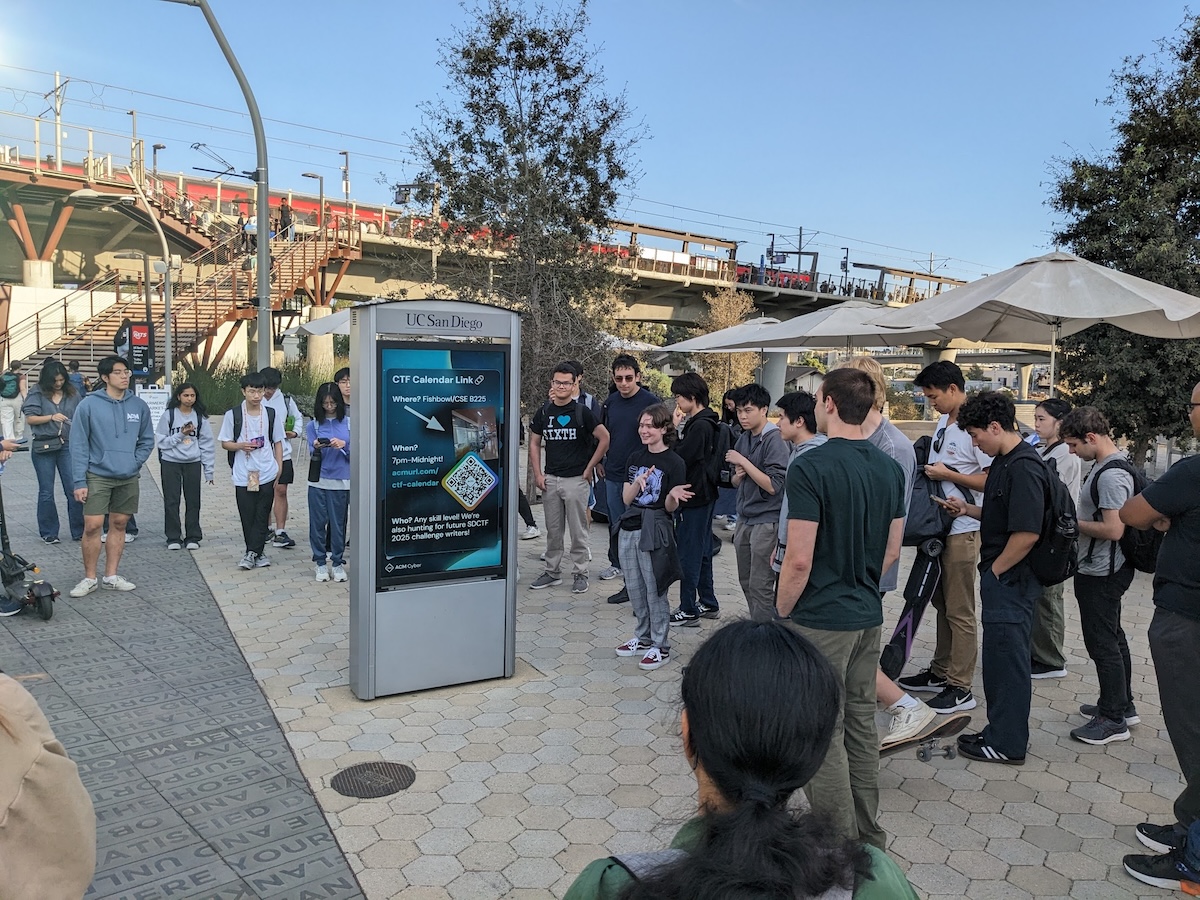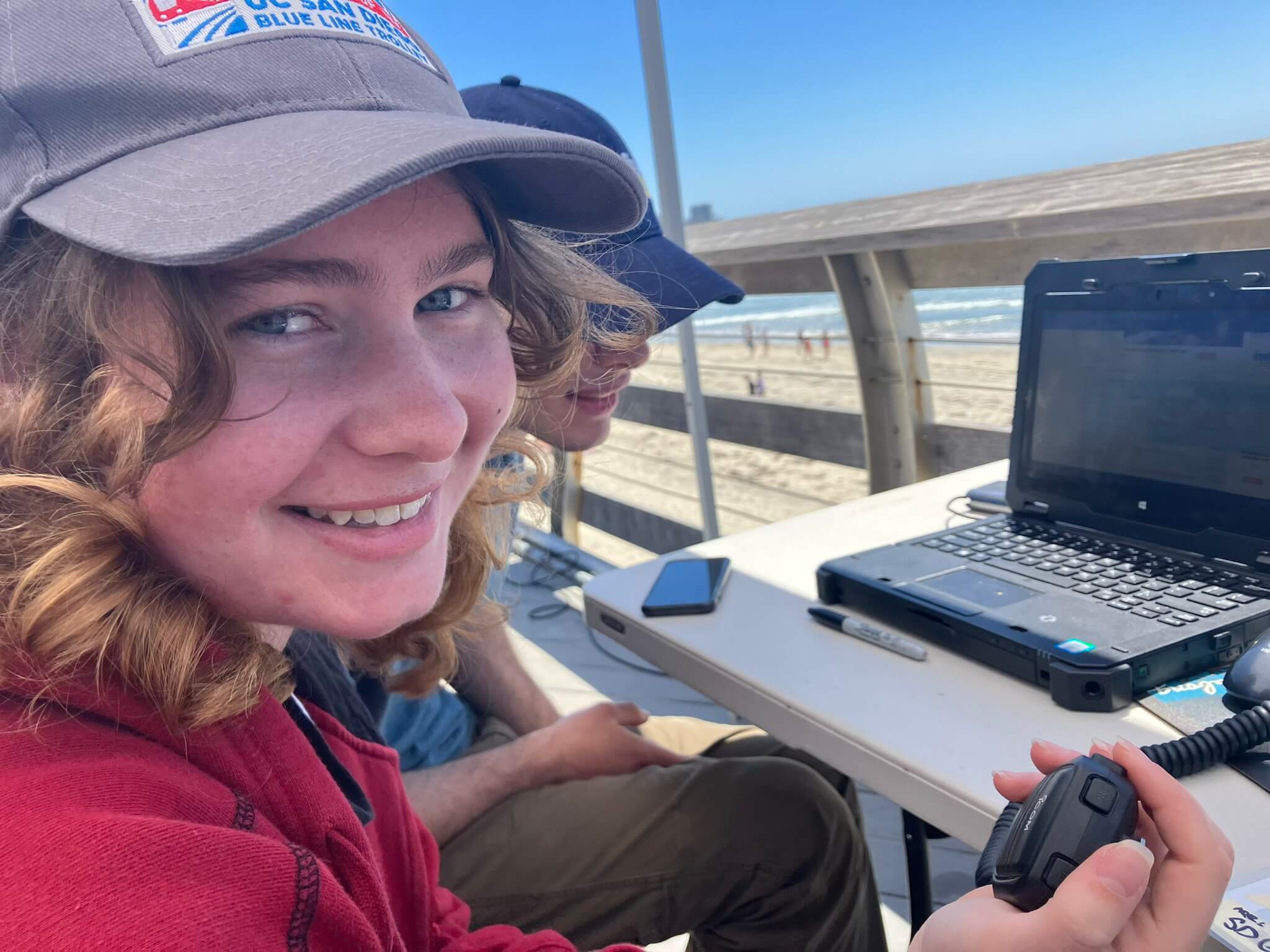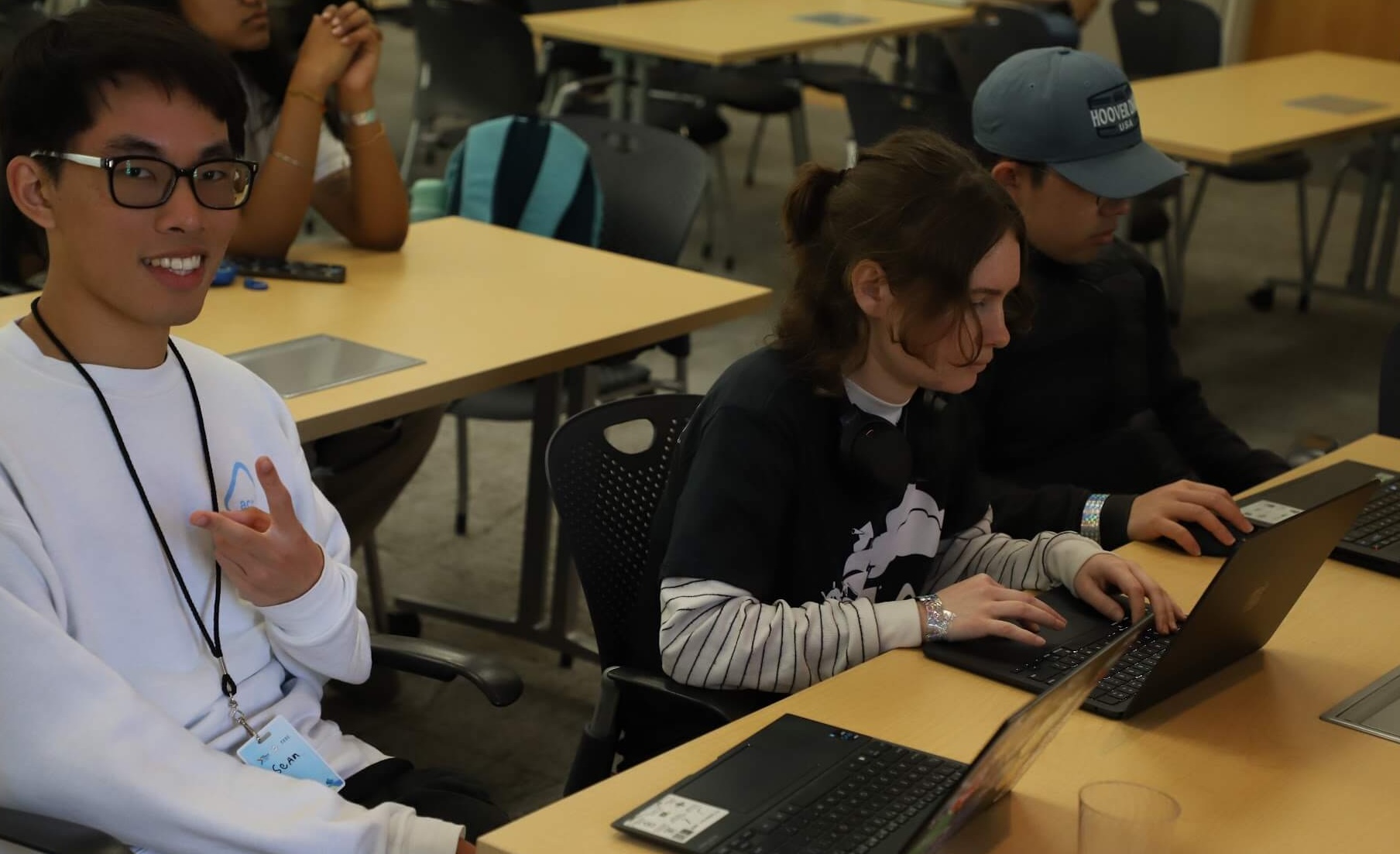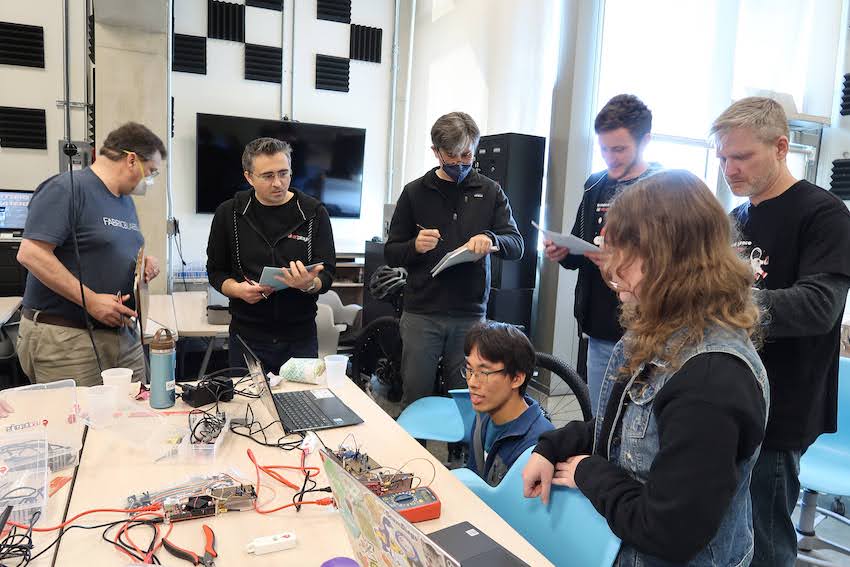👩💻 Advisor drop! I'll be advised by Joshua Sunshine in S3D and begin working on Borrow Sanitizer with Ian McCormack!
🏭 I moved to Pittsburgh to start my PhD at Carnegie Mellon! TODO: buy a winter coat.
⚛️ I'm interning for a second year with the ROSE compiler group at Lawrence Livermore National Laboratory!
🔱 I graduated from UCSD with a BS in computer engineering after finishing my last quarter abroad in Rome!















